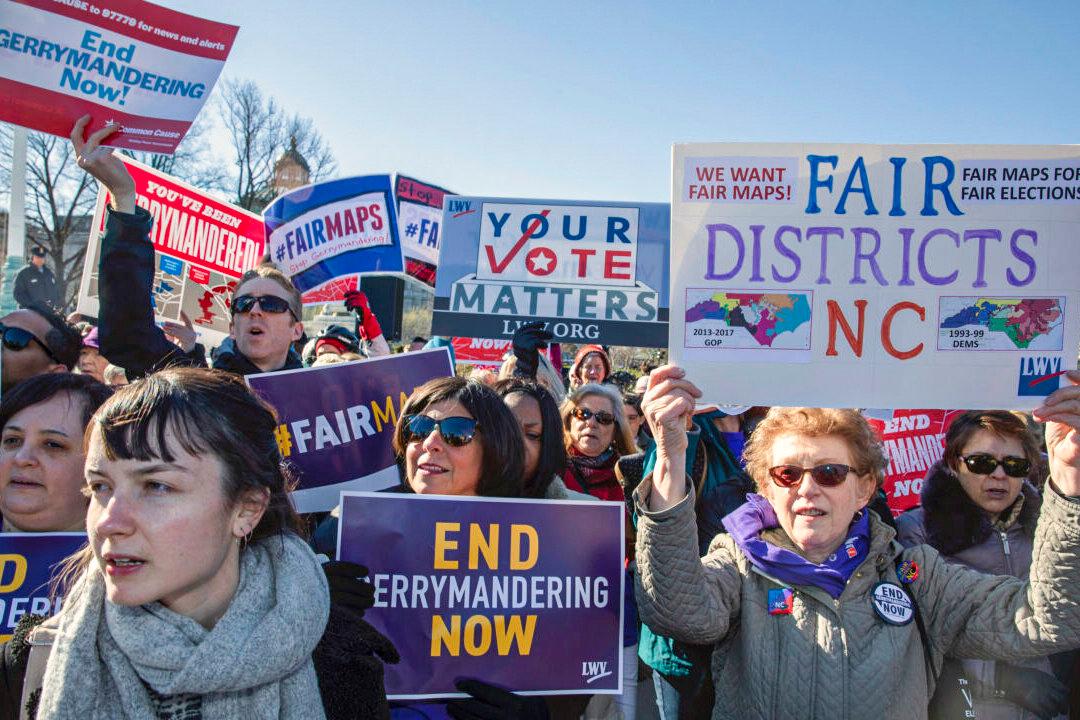The Supreme Court of North Carolina ruled against the Republican Party’s redistricting plans for the state of North Carolina in a 4–3 vote on Friday, calling the maps, “unlawful partisan gerrymanders.”
All four Democrats on the state’s highest court voted against the plan while the remaining three Republican justices dissented. The court also ordered the GOP to present new redistricting maps by 5:00 p.m. on Feb. 18.





